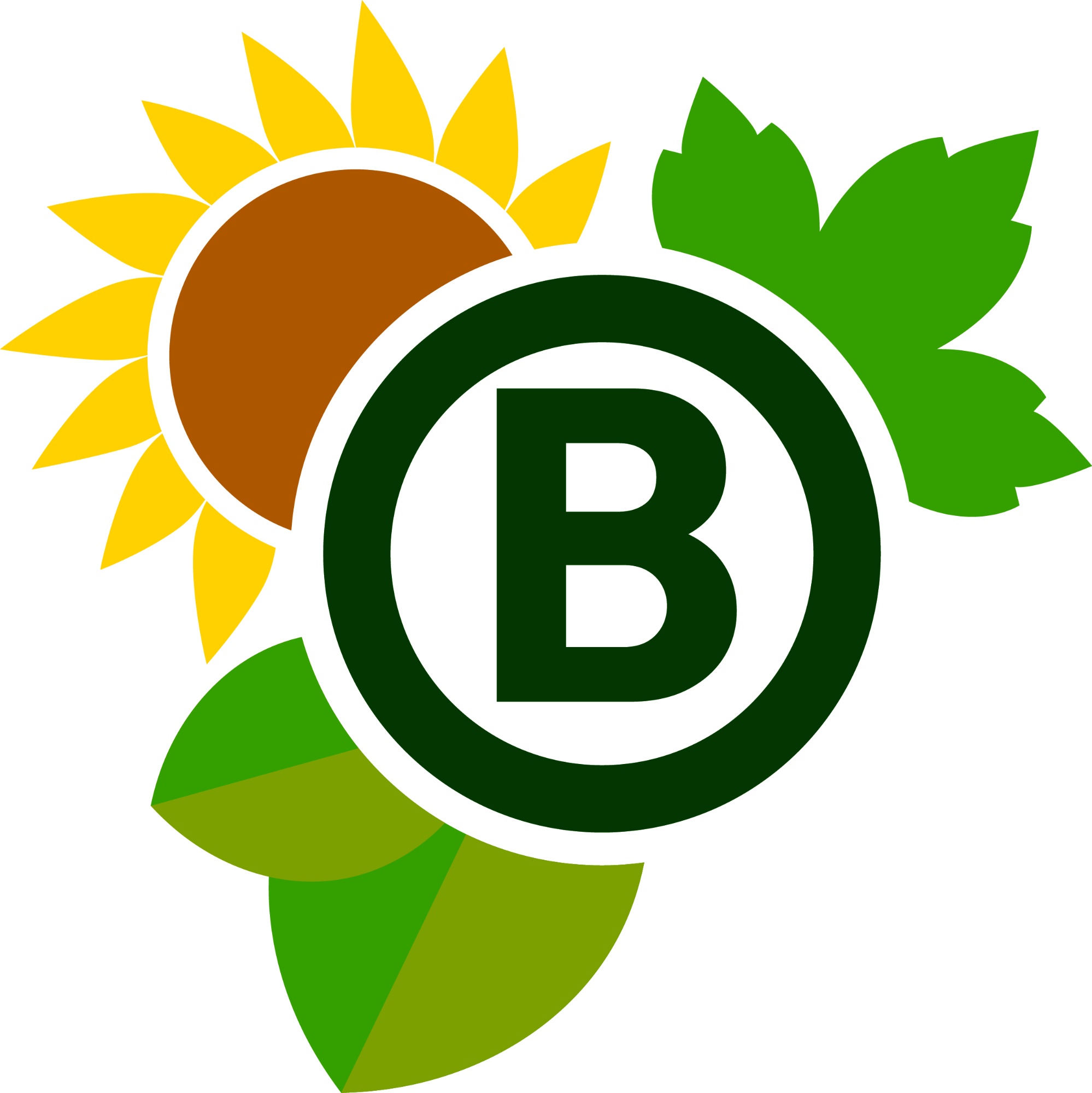History
Intent:
At Oliver’s Battery Primary and Nursery School, we aim to deliver a history curriculum that is inspiring and accessible to all. We intend to maximise the outcomes for every child so that they know more, remember more and understand more. Our teaching of History helps pupils gain a secure knowledge and understanding of Britain’s past and that of the wider world, so our curriculum is structured to allow them to make clear links between current and prior learning. Teachers use curriculum maps to highlight links with historical periods previously taught, developing children’s chronological knowledge and understanding from the Stone Age through to the present day. In lessons and through home learning, we encourage our children to be curious about the past and teach them the skills required to explore their own interests. Our history lessons focus on working as historians and developing historical skills, such as source and artefact analysis. Throughout each year, there are opportunities for the curriculum to be enriched with historical visits, visitors, assemblies and events held in school. We endeavour to teach children to ask perceptive questions, think critically, weigh evidence, sift arguments, and develop perspective and judgement. We also believe it is important for children to develop a sense of identity through learning about the past and we are keen for them to understand how history has shaped their own lives. This is why our local area (Oliver’s Battery, Winchester, Hampshire) is fully utilised to achieve the curriculum outcomes. Even Oliver’s Battery has its own rich history, which reaches as far back as the Anglo-Saxon times. By the end of KS2, we hope our children will have a deep understanding of their locality and how it is has changed over time.
Implementation:
Teachers use a variety of teaching and learning styles in their history lessons to develop pupils’ knowledge, skills and understanding.
We believe children learn best when they can:
· handle artefacts
· visit museums and places of interest
· explore secondary sources such as books and photographs
· listen to visitors talk about personal experiences of the past
· listen to and interact with stories from the past
· undertake fieldwork by interviewing family and older friends about changes in their own and other people’s lives
· use drama and dance to act out historical events
· are shown, or independently use, resources from the internet and videos
· use non-fiction books for research
· have opportunities to work independently or collaboratively
· ask historical questions which interest them
Within our history curriculum, careful consideration is given to the differing needs of all children in our classes, and so we aim to provide exciting and accessible learning opportunities for all children. We understand that a child can show a love for History, and successfully demonstrate the skills required, without the barriers that written work often brings. Children can apply and showcase their learning practically, or through spoken word, therefore negating any need to write down their understanding and, in turn, helping them to feel successful.
Impact:
By the end of their primary school career, we hope our pupils will have:
· Become increasingly critical and analytical with their thinking, developing the skills to make informed and balanced judgements based on their knowledge of the past.
· Become increasingly aware of how historical events have shaped the world that they currently live in.
· Gained from meaningful, memorable opportunities that last a life time.
· Encountered or participated in high-quality visits/visitors to further appreciate the impact of history.
· A richer vocabulary which will enable them to articulate their understanding of taught concepts.
· High aspirations, which will see them through to further study, work and a successful adult li
